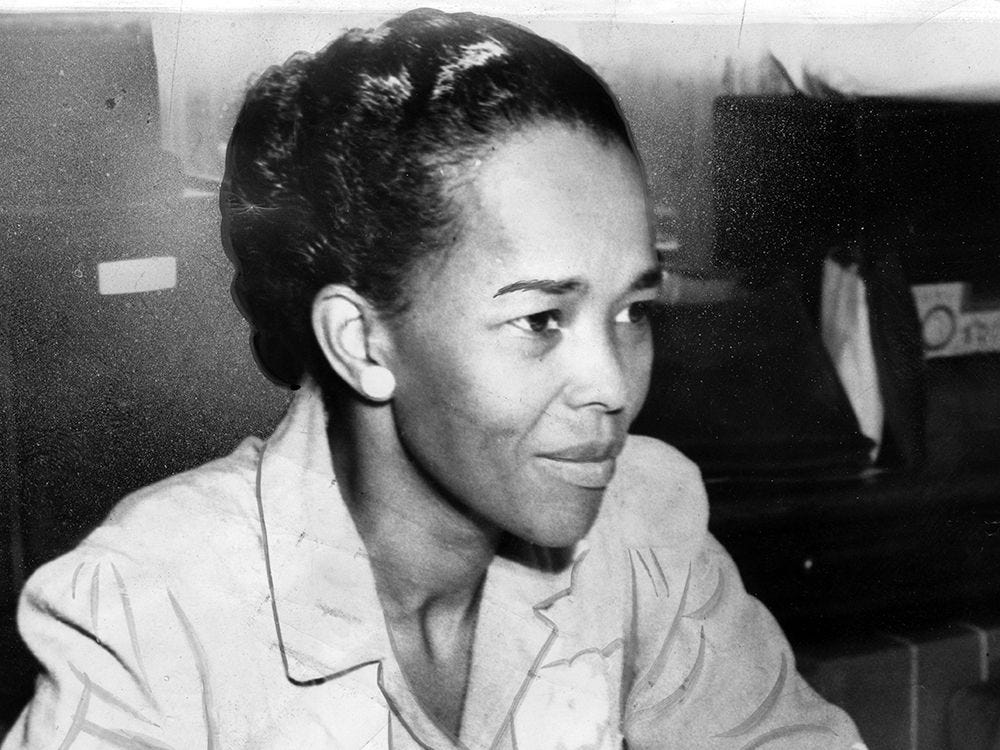
This episode takes us into the long history of the Civil Rights Movement as we talk about the methods and legacies of two long-distance runners, Ella Baker (1903-1986) and Septima Clark (1898-1987).
Baker was a legendary organizer who espoused a group-centered form of leadership and insisted that deep change required the long-haul “spadework” of community organizing. Clark, known as “the teacher of the Civil Right movement,” built a network of Southern Citizenship Schools, which were crucial to the emergence of Black voting power in the early 1960s.
We also discuss the influence of the famous Highlander Folk School (today the Highlander Research and Education Center) in New Market, TN—and the role of its workshops as a seedbed of activism since the labor struggles over coal mining in the 1930s.
For this conversation, we invited two guests whose work has been inspired by the organizing culture of Highlander and the Civil Rights Movement:
Stephen Lazar teaches public school students Social Studies and English all over through NYC Public Schools’ Virtual Learning Classroom programs. He is also a Ph.D. candidate in history at the CUNY Graduate Center working on a dissertation on Septima Clark and Bernice Robinson. His writing on education policy, practice, and history has been published by the New York Times, Washington Post, Education Week, Chalkbeat, and Albert Shanker Institute.
Daniel Marshall is the founder and director of the Sand Mountain Cooperative Education Center (in Gunstersville, AL), whose Highlander-inspired mission is to house and support programs that facilitate freedom, community centered-development, and cooperative education in the South.
Takeaways from our conversation:
Baker and Clark were two leaders, both master teachers, whose work exemplifies how the work of organizing and teaching are often inter-related. They were part of a powerful but mostly invisible network of Black women activists whose achievement are now recognized, no longer in the shadow of charismatic male leaders.
How these grassroots organizations become strong through identifying and raising up organic leaders—ordinary people who become inspired to do great things they had never imagined before.
A grand-daughter of slaves, Ella Jo Baker was born into a relatively prosperous family in North Carolina amidst a philosophy of racial “uplift” which she came to question after moving to Harlem in 1927 as the Harlem Renaissance in full swing.
Baker helps George Schuyler found the Young Negroes Cooperative League (YNCL) in 1930. As national director, she becomes Schuyler’s behind-the-scenes support, a role she played with growing frustration for numerous dominating Black male leaders.
Baker’s job with the WPA’s Worker Education Project in 1936 gives her the experience of creating and running political education programs. She befriends several Marxists but never toes the party line, always remaining skeptical of all kinds of ideology.
As field secretary of the NAACP (1940-1946), Baker’s tireless canvassing grows the field membership from 50,000 to almost 450,000. Along the way, she is always aiming to decentralize branch supervision in order to enable grassroots initiatives.
Baker’s slogan: Give people light and they will find a way.
The 1955 Montgomery bus boycott is often viewed as a spontaneous event, but Baker saw it as the fruit of organizing and a sign that mass actions were possible and necessary, especially for a community which still lacked the vote.
Baker warns Civil Rights leaders about “getting hung up” in legal successes, dependent upon the courts and charismatic or professional leadership.
Like the Montgomery bus boycott, the spontaneous outbreak of lunch counter sit-ins by Black students inspires Baker to harness their potential in a new, student-led organization, the Student Non-Violent Coordinating Committee (SNCC), becoming their chief advisor for four years (1960-1964).
She once told the SNCC team members, “I want you all to think about the fact that there’s a direct relationship between us not having money and the fact that we’re doing something real.” Later funding changed the culture, inspiring the criticism: “From SNCC to slick.”
Baker’s prescient advocacy for a participatory democracy with three emphases: 1) grassroots involvement; 2) minimizing of hierarchy and over-emphasis on expertise in leadership; 3) a call for direct action as an answer to fear and alienation. These themes are taken up later by SDS’s founding Port Huron document, among other adopters.
Septima Clark
Born in Charleston SC, Clark gets a teaching degree at Avery Institute in 1916 before becoming a public school teacher and joining the NAACP. She participates in a campaign to force the city to hire Black teachers in its segregated public schools.
Clark’s teaching job in Columbia, SC (1928) draws her into the early circles of influence around the coming New Deal’s proposals for social service infrastructure.
In 1934, Clark attends a federal conference convened by Harold Ickes on Black educational issues with Eleanor Roosevelt as keynote speaker. The main topic is citizenship education without stating what this training might lead to, given the right to vote.
Clark becomes involved in voter education and voter registration, attending in 1954 a workshop on school integration at the Highlander Folk School (HFS), one month after the Supreme Court’s Brown decision. Impressed by the HFS’s emphasis on raising up organic leaders, she begins working with them to develop the Citizenship Schools, the most successful program in the school’s history. Rosa Parks attends a workshop and then refuses to give up her bus seat only four months later—a sign of HFS’s effectiveness, as Clark noted.
Clark’s literacy program includes learning to write letters, read the Bible, fill out a catalog order form, do household arithmetic, as well as reading and understanding the U.N. Declaration of Human Rights (posted on the wall) by the end of school. No more taking the white man’s word for what the document says.
Clark comes to realize how class prejudice also works in Black communities and remains committed to cultivating white allies in interracial coalitions.
In 1956, Baker invites Clark to a meeting with Coretta Scott King. They agree on the need to focus on grassroots leadership potential and collaborate on the formation of SNCC in 1960.
Clark’s curriculum combines a focus on literacy with voter rights and citizenship, producing 25,000 plus graduates and a foundation for MLK’s non-violent movement in the South. Its grads also help start a credit union, a nursing home, a kindergarten, and a low-income housing project.
By 1964, Clark has almost 900 Freedom Schools operating, with tens of thousands of students, on a shoestring budget. The 1965 Voting Rights Act inadvertently undermines the school’s agenda by eliminating literacy tests. The Head Start program, part of President Johnson’s War on Poverty, picks up much of the Freedom School’s work.
As the Civil Rights movement shifted focus in the 1960s, from rural to urban, Clark lamented its tendency to replace genuine education with direct action.
At her death, King eulogizes her as “the grandmother of the Civil Rights movement.”
Recommended:
Ella Baker and the Black Freedom Movement (2005), Barbara Ransby
Freedom’s Teacher: The Life of Septima Clark (2012), Katherine Mellen Charron
I’ve Got the Light of Freedom (2007), Charles Payne
The Long Haul: An Autobiography (1991), Myles Horton, with Judith Kohl and Herbert Kohl
Starting with People Where They Are: Ella Baker’s Theory of Political Organizing (2022), Mie Inouye
Ella Baker and the Origins of “Participatory Democracy” (2004), Carol Mueller
Fundi: The Story of Ella Baker (1981), documentary about Ella Baker
You’ve Got To Move: Stories of Change in the South (1985), documentary about the Highlander Folk School



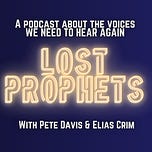





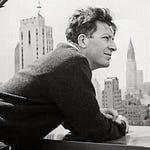
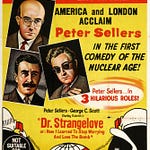

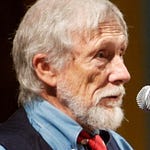
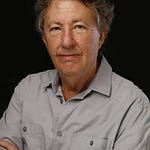
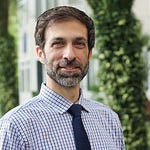
Share this post